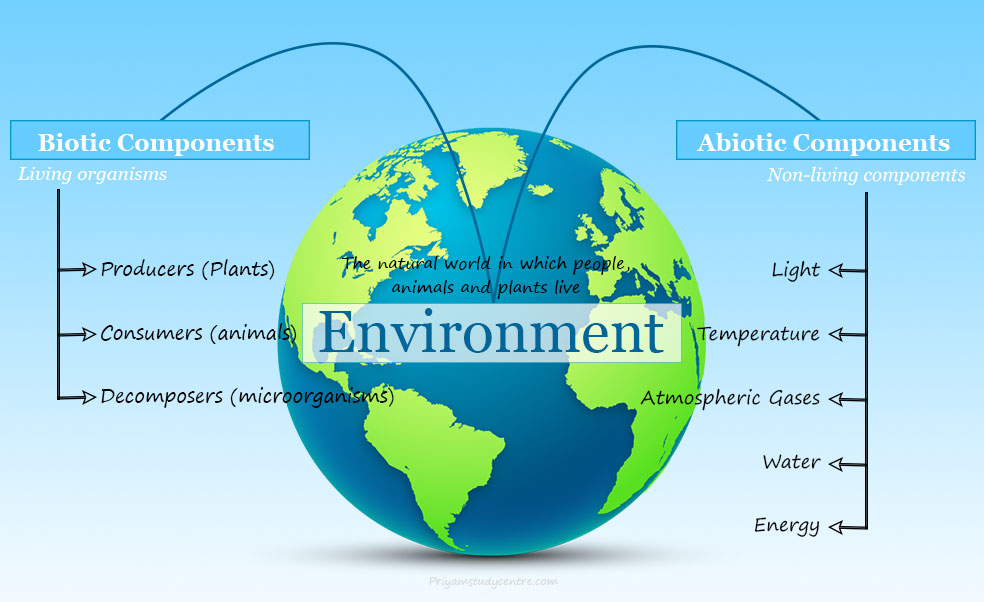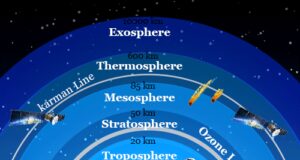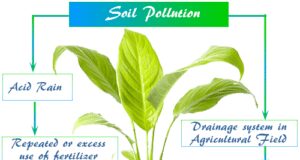Non Renewable Energy
What are Non-Renewable Energy Resources?
Non-renewable energy resources also called finite energy resources are natural resources that cannot be readily replaced by any natural processes...
Wind Energy
What is wind energy?
Wind energy or wind power is a natural renewable energy source that uses in wind turbines for the generation of electricity....
Solar Energy
What is Solar Energy?
Solar energy is a renewable energy source that is obtained from radiant light and heat from the Sun and converted into...
Principles of Green Chemistry
What is green chemistry?
Green chemistry or sustainable chemistry is the field of chemistry and chemical engineering which can be used to design, develop, and...
Air Pollution
What is air pollution?
Air pollution is the presence of harmful gases, dust, and smoke in the atmosphere that causes to effects the health of...
Radioactive Pollution
What is radioactive pollution?
Radioactive pollution is the nuclear radiation of alpha beta gamma particles from radioactive substances during the nuclear reactions which affect our...
Noise Pollution
What is noise pollution?
Noise pollution or sound pollution is unwanted or excessive sound that can harmful effects on human health, wildlife, and our environment....
Ozone Layer
What is ozone layer?
Ozone layer or ozonosphere is a region found in the upper atmosphere that contains relatively high concentrations of ozone gas (O3) to...
Renewable Energy
What is renewable energy?
Renewable energy sources such as hydroelectric, wind, solar, biomass, and geothermal energy are the main examples of naturally replenished energy resources...
Soil Pollution
What is soil pollution?
Soil pollution or soil contamination is a part of land degradation caused by acid rain, excess and wrong use of agricultural...











